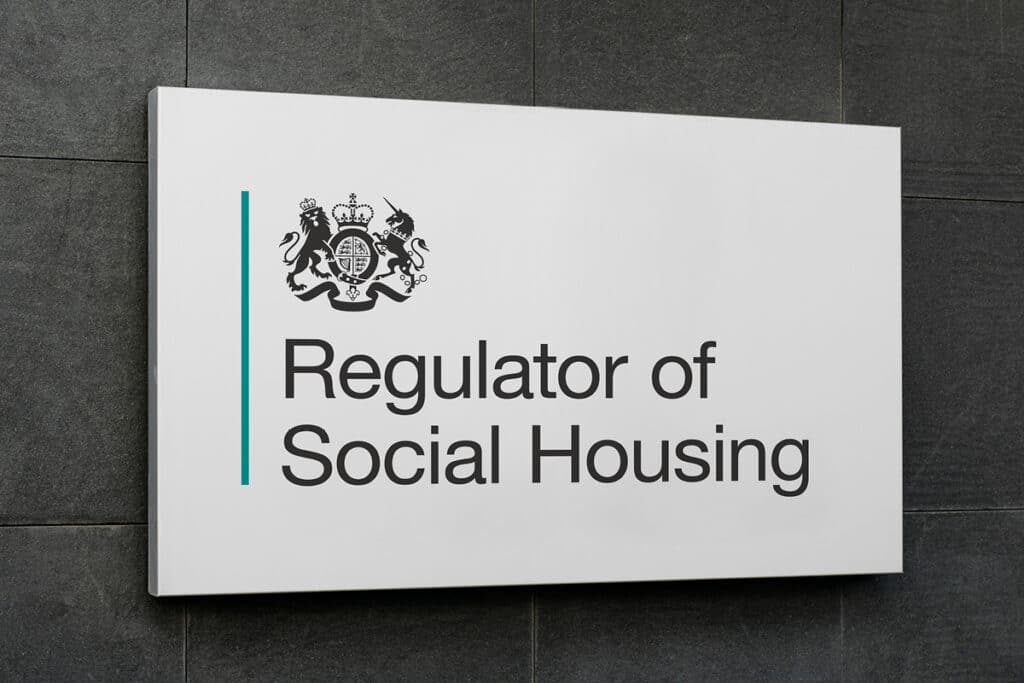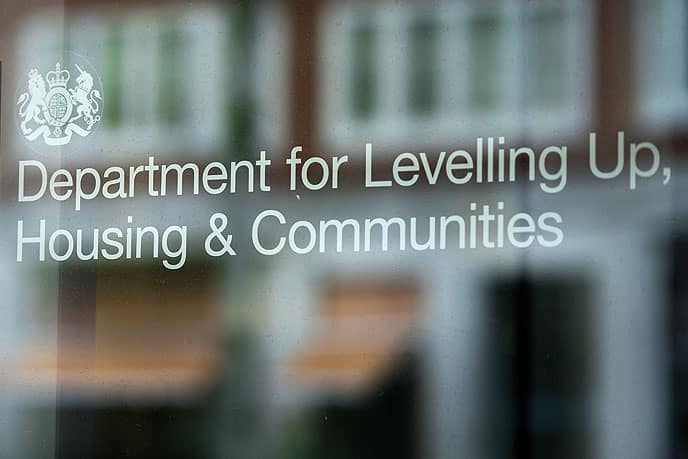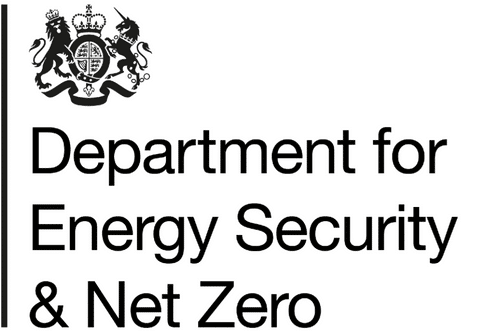This Month In Social Housing: March 2023
Would you Adam and Eve it? It’s only April already! Yes, Spring has (kind of) sprung as the year seemingly hurtles forward at breakneck speed. So before we blink and suddenly realise that it’s nearly Christmas, we suppose we’d better get on with the important job of bringing you our monthly rundown of the five most pertinent news stories from the world of social housing…

Regulator of Social Housing Workers Could Threaten Strike Action
Union members at the Regulator of Social Housing (RSH) could instigate industrial action following a ballot over pay and conditions at the organisation. Employee union Unite has told the RSH that the ballot process will begin today (31 March) to gauge member sentiment on what it described as a “pitiful” 3% pay award in 2022. According to union officials, the touted increase would represent a pay cut in real terms as the Consumer Price Index (CPI) measure of inflation currently stands at 10.4%. Unite has called for a minimum increase backdated to July 2022, where inflation at that time was 10.1%. “The RSH is at risk of not attracting high-quality staff as salaries aren’t competitive” Unite said in a statement, adding that “Unite at RSH see no alternative but to seek a yes vote for strike action.”

New Government Proposals to Allow Social Tenants to Scrutinise Landlord’s Policies
The government is holding a consultation on revised directions to the Regulator of Social Housing (RSH) that aim to empower to residents to hold their landlords to account. New instructions from the secretary of state for housing, which will directly inform the revision of the Tenant Involvement and Empowerment Standard, include a requirement for social landlords to provide tenants with the opportunity to “scrutinise”, policies, strategies and services, as well as any new services being introduced. According to the consultation document: “We want tenants to be influential voices in the conversations and decisions taken about the management of their homes. The Social Housing White Paper found that some residents felt patronised or ignored by their landlords, rather than truly heard.” The consultation closed on 30 March with results set to be made public in the weeks ahead.

Quarter of Female Social Housing Professionals Experienced Workplace Sexism Since 2020
According to research by Women in Social Housing (WISH) released to coincide with International Women’s Day 2023, around 28% of women working in social housing had encountered sexism in the workplace within the past three years. The research surveyed 146 professionals working across housing associations, councils, and the private sector, 95% of whom were women. Respondents reported experiences that varied from comments on the way the were dressed, assumptions that as a women they would be responsible for taking meeting notes, and being treated as ‘less capable’. Debra Constance, co-founder of WISH and its outgoing chair, said: “No woman should feel unsafe, undermined or overlooked in the workplace. Each International Women’s Day we have conversations about these issues, but now we need to see real action to make these experiences a thing of the past.”

Inquiry into Social Housing Sector Financial Sustainability Launched
The government’s Levelling Up, Housing and Communities Committee (LUHC) has launched an inquiry that will look into the finances and sustainability of the social housing sector in England. The probe comes in the wake of Clive Betts MP, the cross-party committee’s chair, announcement of the inquiry into the sector’s finances at the National Housing Federation’s (NHF) Finance Conference in Liverpool earlier this month. A key tenet of the inquiry will be the scrutiny of the current range of grant funding available to social housing providers and the growing complexity of financial and corporate structures that are pervasive within the sector.

£778m Awarded by Government for Decarbonisation of 90,000 Homes
The Department for Energy Security and Net Zero (DESNZ) has announced a total of £778m has been awarded to help landlords achieve decarbonsiation targets for housing stock in the UK. The funding upgrade comes via the second wave of the Social Housing Decarbonisation Fund (SHDF) and is available to social housing providers to upgrade an estimated 90,000 homes that have an Energy Performance Certificate (EPC) rating below C. The funding scheme will be rolled out from April 2023 and continue over the next two years. Initial beneficiaries include Milton Keynes Council, Sovereign Housing, and London Borough of Hackney.
Well, that’s yer lot for another month folks. It’s certainly been an eventful one, but then again, they always are in the topsy-turvy world of social housing. We’re all off to cram a week’s worth of work into four days as we build up to a well-deserved long Easter weekend. Fear not though as we’ll be back here again at the same time next month to bring you our snappy rundown of the stories that matter, so make sure you are too. Adios!
- Staff Spotlight: Jack Pawson - July 23, 2024
- This Month In Social Housing: June 2024 - June 28, 2024
- Customer Success Snapshot: London Borough of Barking & Dagenham - June 21, 2024